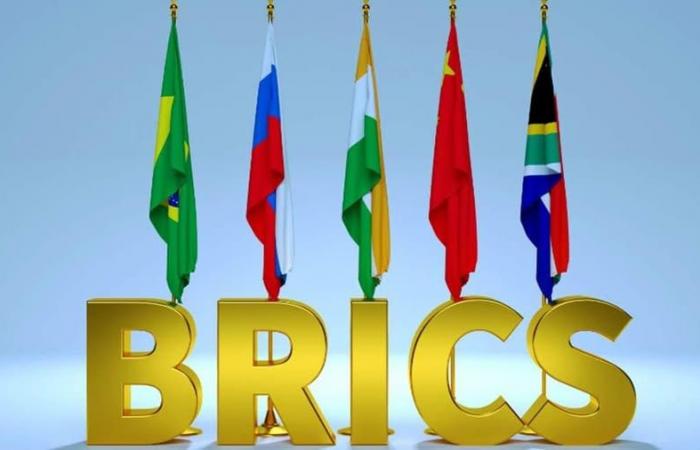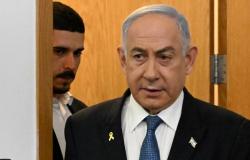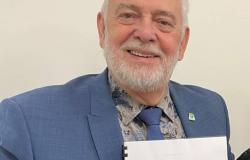General Assimi Goïta, president of the Malian Transition, engaged in a traditional exercise of direct exchange with representatives of civil society, on January 6, 2025. This meeting, held in the local Bamanankan language, aimed to clarify the orientations of the government in the face of the country’s challenges. However, the speech perplexed a large segment of public opinion, while provoking strong reactions, both nationally and internationally.
An insufficient response to national expectations
In a context of multidimensional crisis – energy, economic and social – the expectations of the President were immense. However, his intervention lacked coherence and persuasion. Recognizing the limits of the State in responding to the essential concerns of Malians, such as electricity, employment and support for the private sector, Assimi Goïta has raised a feeling of disillusionment among his fellow citizens.
Regarding the energy crisis, the President admitted delays in the execution of solar power plant projects in Sanankoroba, Tiagadougou and Safo. As a short-term solution, he proposed promoting individual solar kits by subsidizing solar panels and lithium batteries through tax exemptions. However, this measure was seen by many as a temporary solution incapable of meeting the country’s growing energy needs.
Controversies surrounding blocked projects
The President also denounced the illegal sale of plots intended for public interest projects, notably solar power plants, by certain mayors. This revelation, far from calming spirits, fueled tensions. A political leader publicly demanded that the names of those involved be revealed and that they be punished.
Controversial statements on ECOWAS
On the diplomatic level, Assimi Goïta’s speech also raised major concerns. The President affirmed that Mali had definitively withdrawn from the Economic Community of West African States (ECOWAS), which he described as a “terrorist organization”. These comments, considered inappropriate by many observers, risk further deteriorating historical and commercial relations between Mali and its neighbors.
-A communication to review
This speech, marked by differences in language and a lack of diplomatic height, highlighted the challenges of presidential communication. Did the President’s advisors fail in their mission or was their opinion not taken into account? Whatever the answer, this intervention disappointed the hopes of a people looking for concrete solutions and calming leadership.
In search of a unifying vision
Mali is going through an unprecedented security, political-institutional and socio-economic crisis. In such a context, the presidential function requires restraint, responsibility, vision and diplomacy. The recent incident recalls the importance for the head of state to rise above controversies and bring together a nation that aspires to regain its leadership position in African integration.
President Assimi Goïta’s speech will remain marked by the unmet expectations and the controversies it generated. It is now up to the Head of State and his government to rectify the situation, ease internal and external tensions, and propose lasting solutions to restore hope to a population in search of stability and progress.
The Editorial Team






